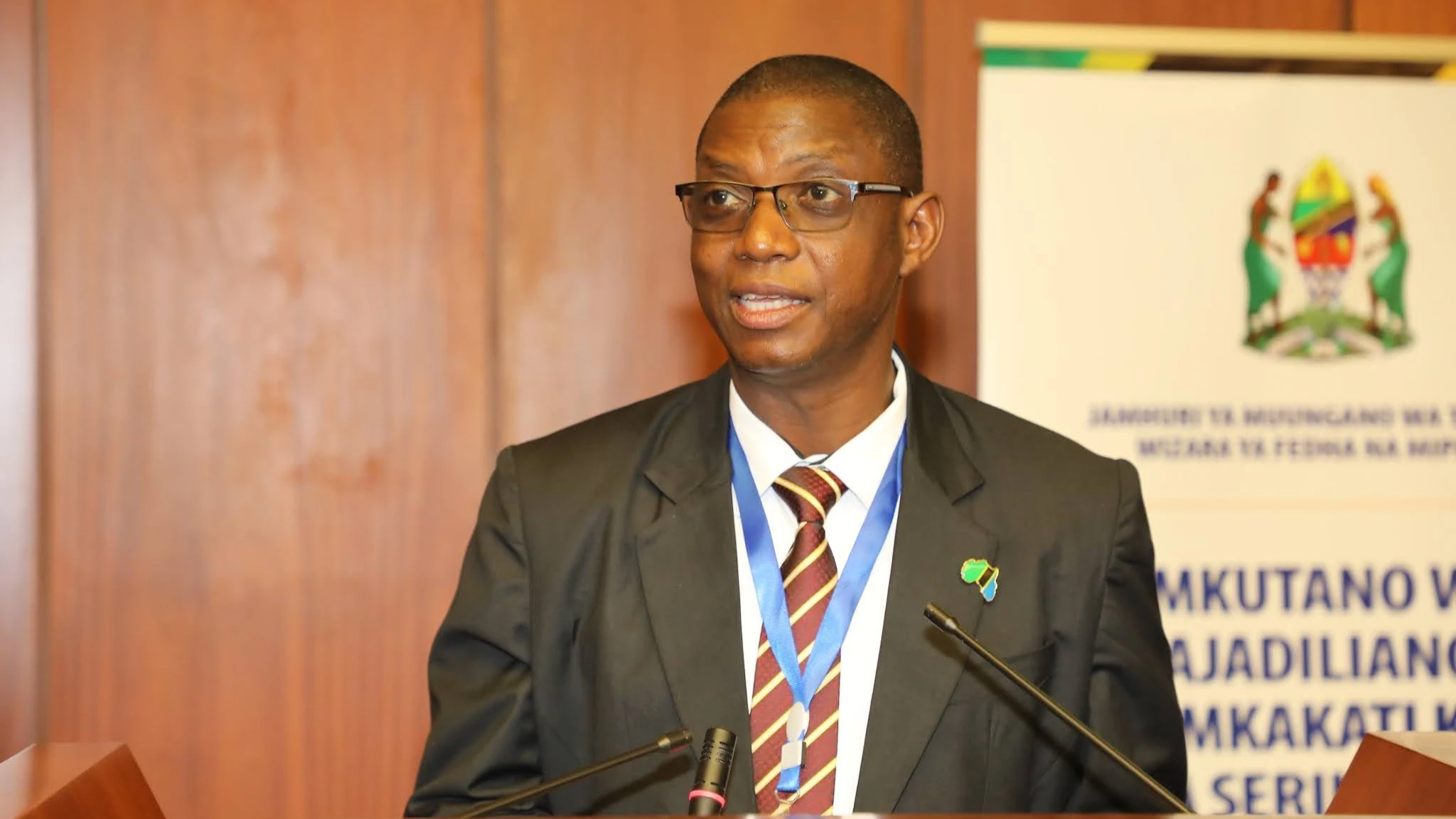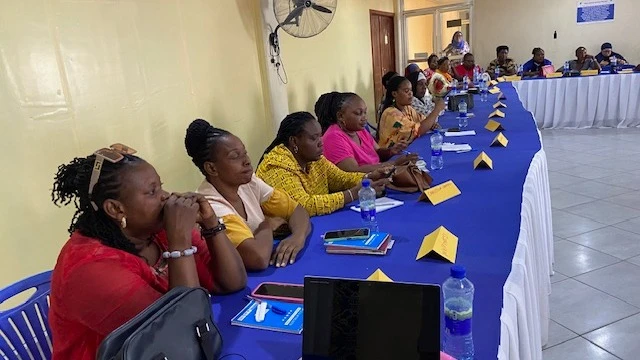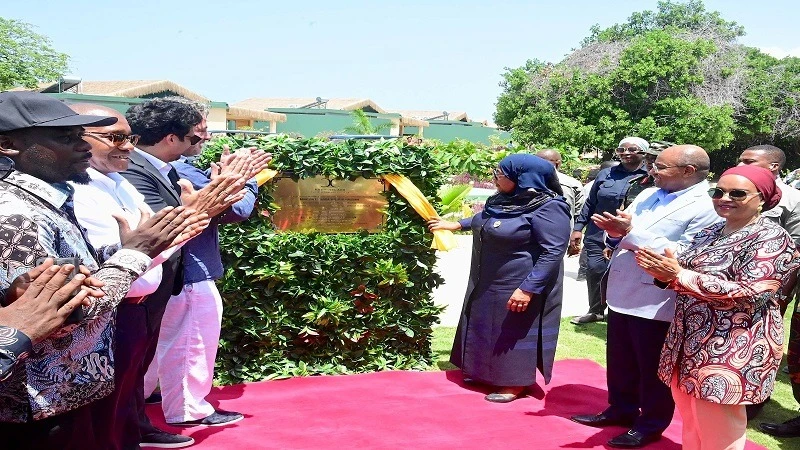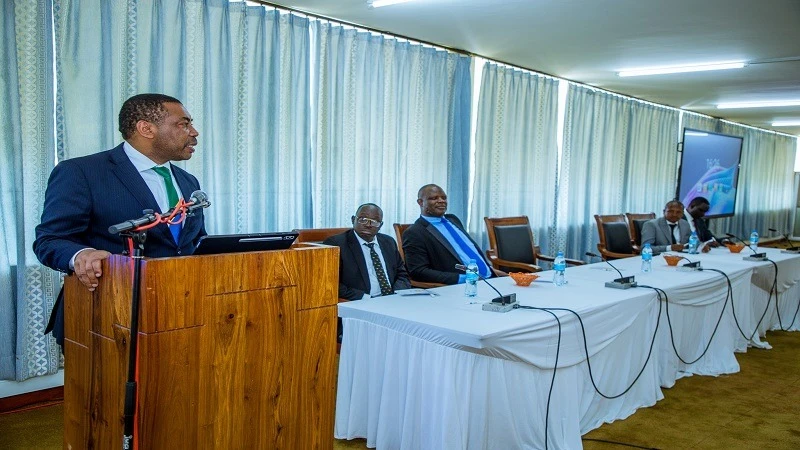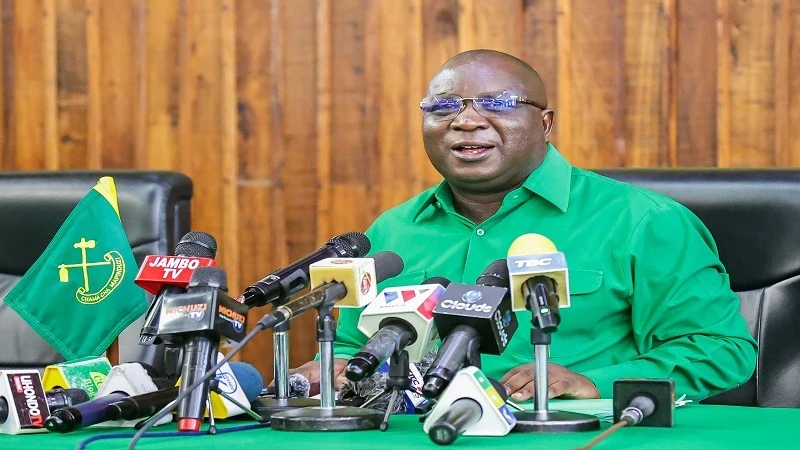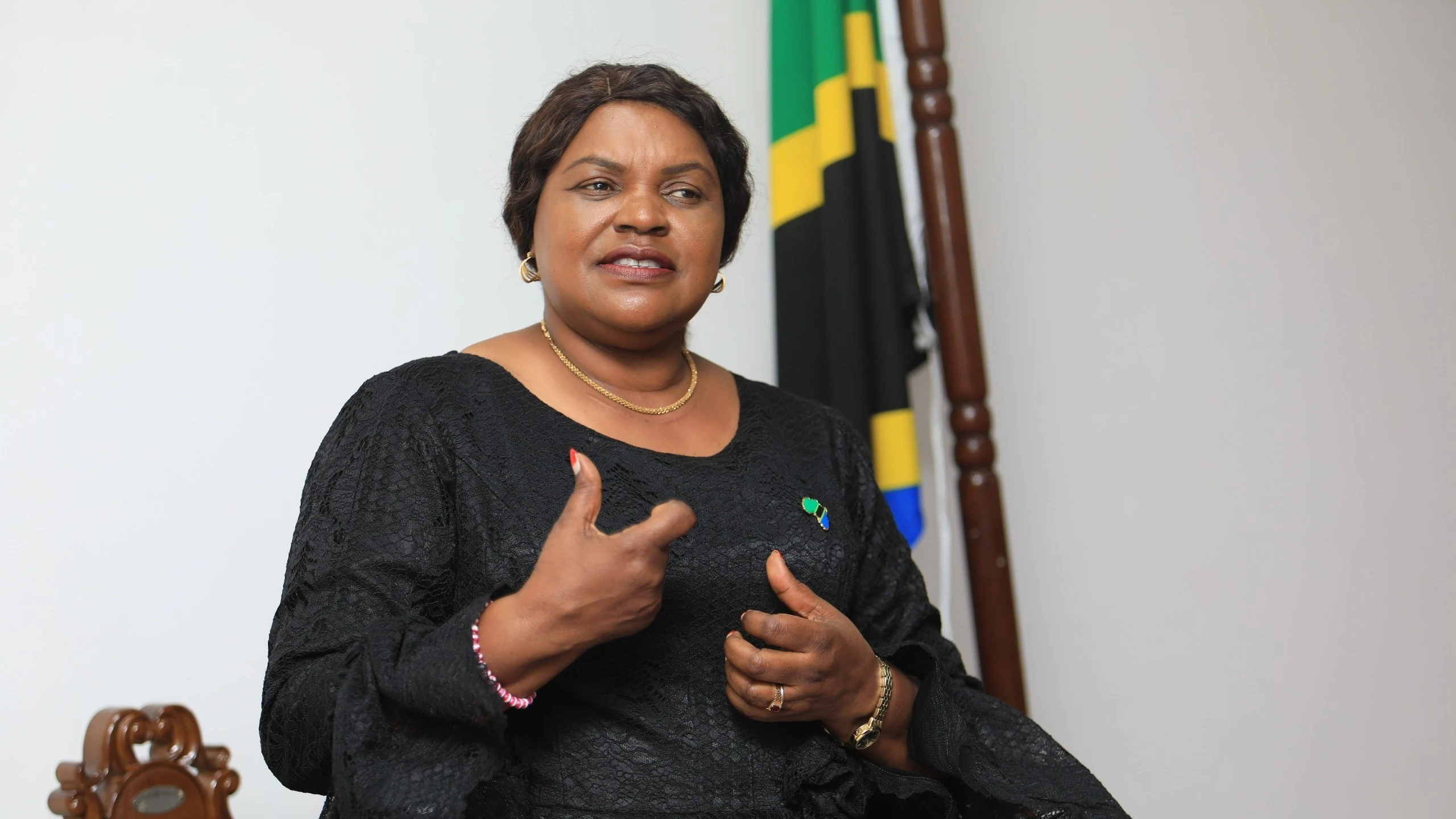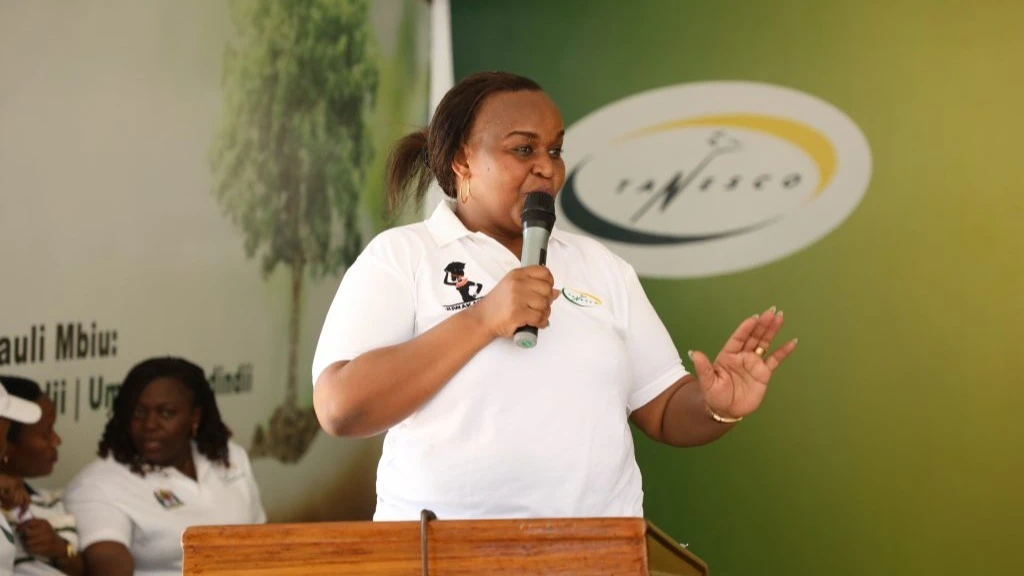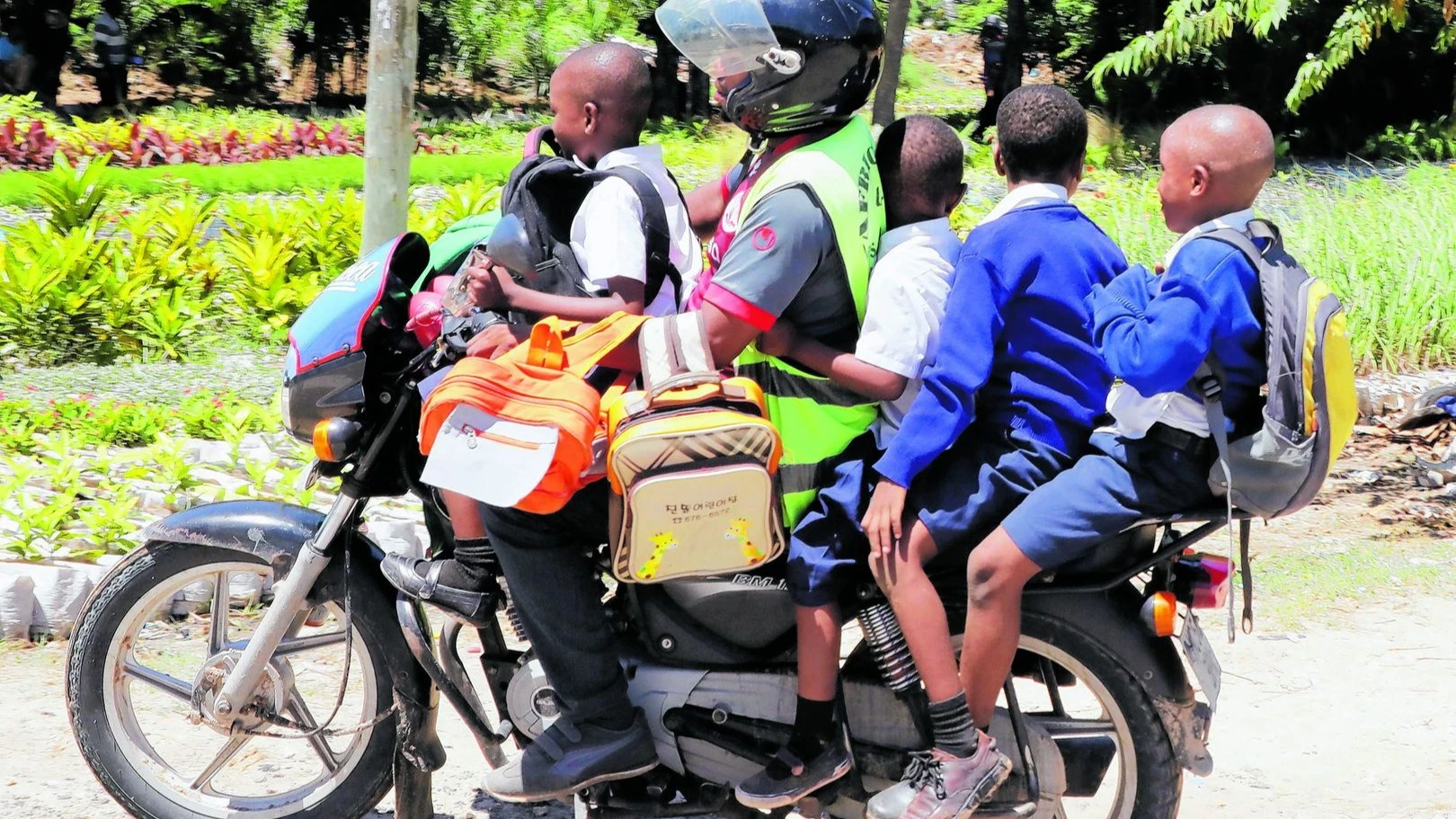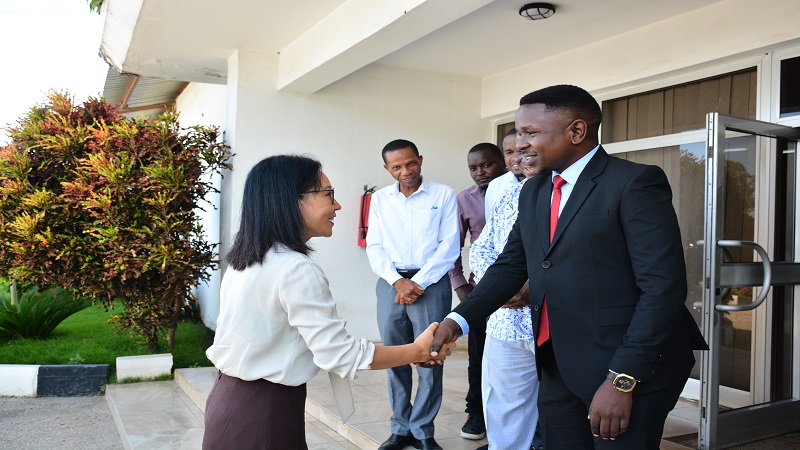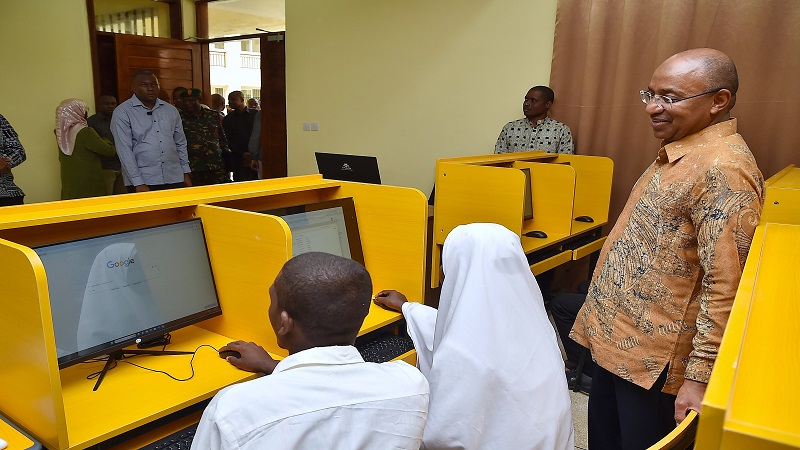Concern as financial strain on parents, teachers threatens access to education
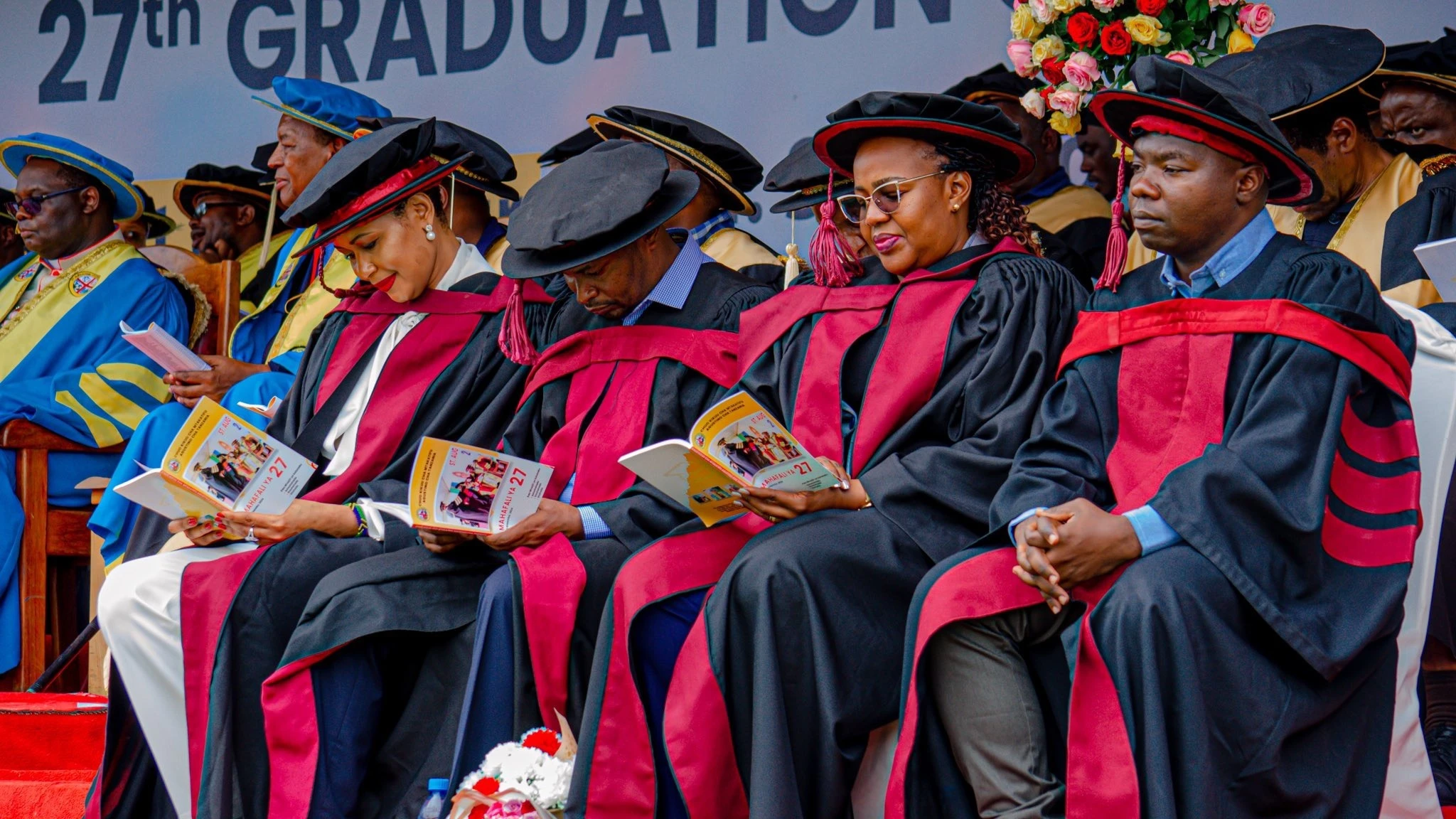
AFTER the festive season of Christmas and New Year's celebrations, many parents find themselves grappling with financial challenges. January, often referred to as a "crunch month," brings with it the burden of paying school fees, a daunting task for many families.
In major cities like Dar es Salaam, Mwanza, and Arusha, the situation tends to be even direr, with some families resorting to loans or borrowing from community savings groups (Vikoba) just to ensure their children return to school on time.
It is clear that while parents stretched their budgets to cover the festivities, paying for school fees often becomes a major challenge. "We end up spending every last penny celebrating Christmas, without thinking about the looming costs of sending our children back to school," says one parent from Dar es Salaam.
The lavish spending on holiday clothes, family outings, and social events often distracts from the reality that school fees and other educational costs are right around the corner.
Despite the government's push for free education, which has removed direct school fees for primary and secondary schools, other financial demands such as parental contributions for school supplies, transportation, and additional fees still pose significant challenges, particularly for poorer families. This is especially difficult for families in rural areas and smaller towns, where the economic situation is more precarious.
A Dar es Salaam based teacher—Lasuli Ikizu points out: "This year has been tougher than most. Parents are scrambling to find money for fees, and many cannot manage. It’s a difficult time for many of us. Even we as teachers face delays in salary payments, especially in private schools where fee payments are often delayed, affecting our livelihoods."
Ikizu goes on to explain that, although schools have a budget for paying teachers throughout the year, financial constraints often delay these payments, particularly after the festive season. "When January comes, we face significant challenges. Even when the school has a yearly budget for salaries, sometimes our payments are delayed due to financial issues, and this affects many families."
This is a widespread issue affecting teachers in both urban and rural areas, many of whom complain about delays in salary payments. While many schools require additional contributions for things like school supplies, reams of paper, and field trips, parents find themselves contributing more money just to ensure their children can attend classes.
"This has become a normal occurrence. Parents are expected to pay for school supplies, and sometimes they also have to pay for field trips that have high costs. This is a challenge for many parents, especially those from low-income families," says Anjela Mwasu, teacher from Mwanza Region.
In cities like Dar es Salaam, Mwanza, and Arusha, parents are struggling to pay school fees and other educational expenses. "This problem happens every year, but this year it’s worse. We've encountered many families who need loans just to send their children back to school. It’s a tough time for many parents, and it requires urgent solutions," says Teacher Amani Ngowi from Arusha.
Many parents agree that while the free education policy has eliminated school fees, other costs still create a significant barrier. International studies show that in many countries, the financial burden of education remains a heavy weight on poor families, preventing many children from realizing their right to education.
In countries like Zambia and Tanzania, many parents work hard to find ways to pay for school fees and other educational expenses, but they often find themselves unable to manage. Despite government efforts, the cost of education remains high.
"We continue to face financial challenges. Private schools demand higher fees, and while government schools are free, many parents choose to send their children to private schools because of the better services offered," says Mwasu.
For many parents, financial challenges have led them to move their children from public to private schools. Even though public schools offer free education, the quality of service is often questioned.
"Many parents send their children to private schools because they receive better services. However, this is a financial issue, as not every parent can afford those fees," explains Ngowi.
As financial pressure mounts, some parents have even resorted to taking out loans from informal savings groups to ensure their children can attend school. A parent from Dar es Salaam, who preferred to remain anonymous, shares, "The financial situation has become difficult for many parents. We've been using loans from Vikoba just to meet school costs. While our children love going to school, it’s hard to find enough money to pay fees and cover other educational expenses."
This financial strain is a growing problem, with some children being able to attend better schools, while others are left behind due to a lack of funds. This exacerbates the gap between children from wealthy families and those from poorer backgrounds, making it more difficult for the latter to access quality education. Parents across the country are lamenting the challenges, with many unsure of how to resolve the financial constraints that affect their children's education.
The issue of financial hardship in education calls for a deeper conversation, particularly in low-income communities, where the cost of schooling is a major obstacle preventing children from pursuing their dreams. Parents, teachers, and school owners must work together to find better solutions to ensure that all children can access quality education without financial barriers.
While the government has made significant strides in providing free education, it is clear that much more needs to be done to address the underlying financial barriers that continue to prevent many children from receiving an education. The issue of school fees and related costs remains a major concern, particularly in light of the growing divide between public and private schools.
A recent statement by Professor Costa Mahalu, Vice Chancellor of Saint Augustine University, highlighted the magnitude of the problem at the institution. During the 27th Graduation Ceremony in Mwanza, he did not shy away from addressing the challenges facing the institution and its students. He revealed that over 647 students, representing 17.3% of this year’s graduating cohort were unable to complete their studies due to financial constraints or other hardships.
"This is a call to action for the government and stakeholders to ensure that every deserving student has access to the resources they need to complete their education. Many of these dropouts are bright minds who could have gone on to achieve postgraduate success if not for poverty," he emphasized.
The Vice Chancellor’s remarks shed light on the harsh reality that many bright, talented students are forced to abandon their education because of financial constraints. His call for action resonates not only with students but also with parents, who continue to struggle with school-related costs.
The financial challenges affecting parents and teachers have become a significant issue in today’s society. Despite the government’s efforts to provide free education, substantial financial challenges remain, and these require immediate solutions.
While the free education policy has helped in some areas, parents continue to face significant difficulties related to the other costs of education, such as contributions for supplies, field trips, and transportation.
Global research from UNESCO and other organizations indicates that, despite the increase in school enrollment after the abolition of school fees, financial barriers still prevent many children from accessing their full right to education. Similarly, schools, particularly private institutions, continue to raise fees and other charges, further burdening low-income families. Research by UNESCO highlights the fact that despite the removal of school fees in public schools, many parents continue to migrate to private schools because of the superior services provided, further widening the gap between the rich and the poor.
The financial strain on education continues to affect children from low-income families. Many parents, particularly in rural areas, are unsure where they will find the money to send their children to school. This situation calls for a broader conversation among education stakeholders to ensure that no child is left behind due to financial constraints.
Top Headlines
© 2025 IPPMEDIA.COM. ALL RIGHTS RESERVED











